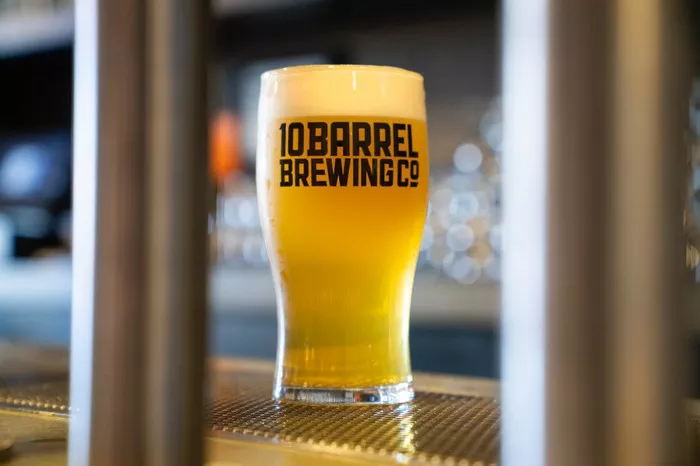The world’s largest brewer, AB InBev, reported a 2.6% revenue growth in the first quarter of the year, aligning with analysts’ projections. Despite a slight decline of 0.6% in beer volume sales, revenue received a boost from the sale of spirits-based drinks in cans.
However, these figures represent a historical low for the company, attributed to the lingering effects of a year-long boycott. Last year, AB InBev faced criticism after collaborating with transgender influencer Dylan Mulvaney, which triggered controversy from both right-wing commentators accusing the brand of promoting an overly liberal agenda, and left-wing voices for alleged lack of support for Mulvaney.
AB InBev’s Europe CEO, Jason Warner, indicated the company’s intent to steer clear of such controversies, emphasizing a commitment to staying focused on its core business. The backlash impacted the company’s North American sales, particularly Bud Light’s performance, leading to an 11.1% decline in sales of AB InBev’s own beer brands in the region.
Despite the setbacks, AB InBev’s Chief Executive, Michel Doukeris, expressed optimism, citing encouraging results at the start of the year. The company’s diversified global footprint and the momentum of its major brands contributed to broad-based top- and bottom-line growth.
While improvements in the Asia-Pacific region and North America were lacklustre, stronger growth in markets like Mexico, Brazil, and South Africa offset these challenges. Normalised EBITDA increased by 5.4%, reaching nearly $5 billion (€4.65 billion), with AB InBev expecting full-year EBITDA growth to align with its medium-term outlook of between 4% and 8%.


